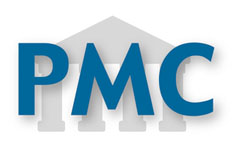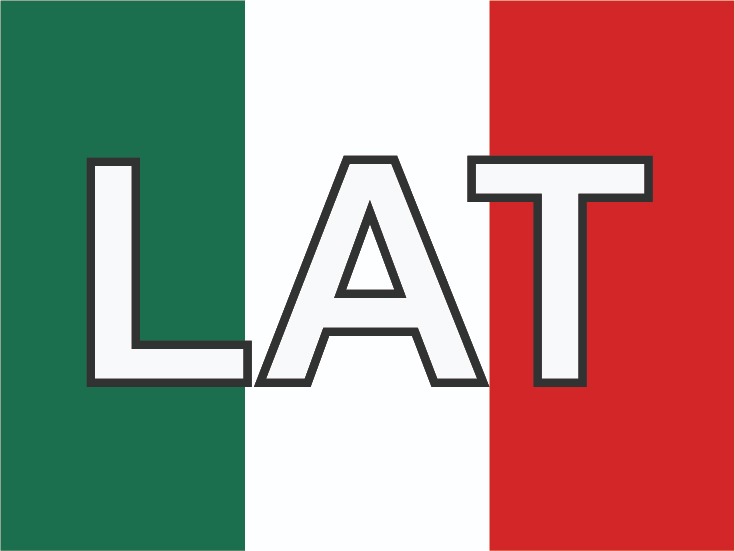Family and neighborhood context for health of older adults in the Hispanic EPESE study.
Abstract
In this article, the roles of the family and the neighborhood on the health of Mexican American older people of the Hispanic EPESE (Established Populations for Epidemiologic Studies of the Elderly) are discussed. The epidemiologic paradox consists on, in despite of socioeconomic disadvantage; Hispanic older people have a relatively low mortality than white older people. This is especially true when the older people live in neighborhoods with high percentages of Mexican Americans. The family has also an important role in these older people for decreasing the risk of institutionalization or morbidity. On the other hand, stress from economic problems or family dependency among older Mexican immigrants can overcome capacity for coping stress, this may affect the health of Mexican American older people.Authors
Downloads
Download data is not yet available.
Keywords
- Hispanic EPESE
- Older Mexican Americans
- Family
- Neighborhood
- Stress
- Support
Submitted
2009-11-19
|
455 |
How to Cite
Reyes Ortiz, C. A., Camacho, M. E., Eschbach, K., & Markides, K. S. (1). Family and neighborhood context for health of older adults in the Hispanic EPESE study. Colombia Médica, 37(2 Supl 1), 45-49. https://doi.org/10.25100/cm.v37i2 Supl 1.437
Section
Original Articles
The copy rights of the articles published in Colombia Médica belong to the Universidad del Valle. The contents of the articles that appear in the Journal are exclusively the responsibility of the authors and do not necessarily reflect the opinions of the Editorial Committee of the Journal. It is allowed to reproduce the material published in Colombia Médica without prior authorization for non-commercial use




















